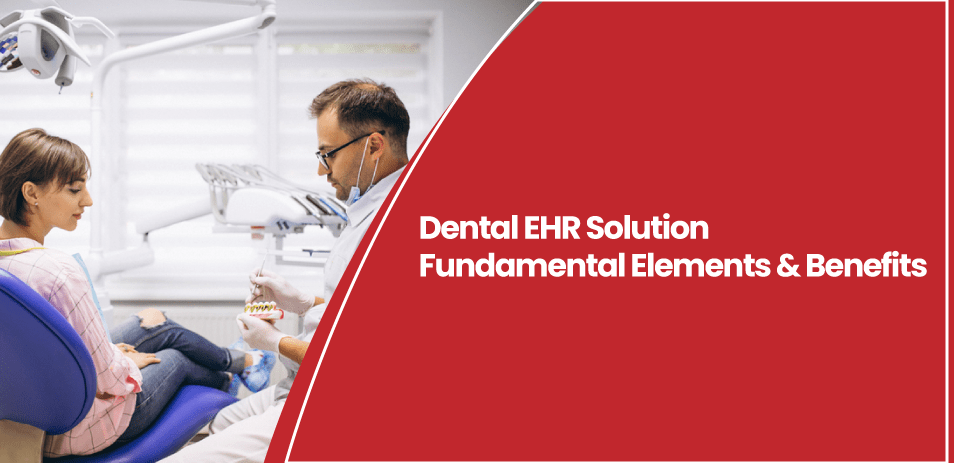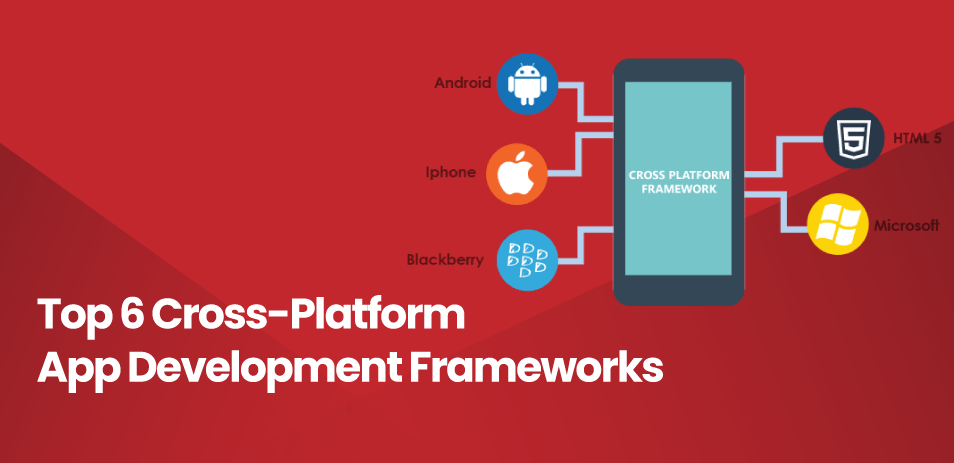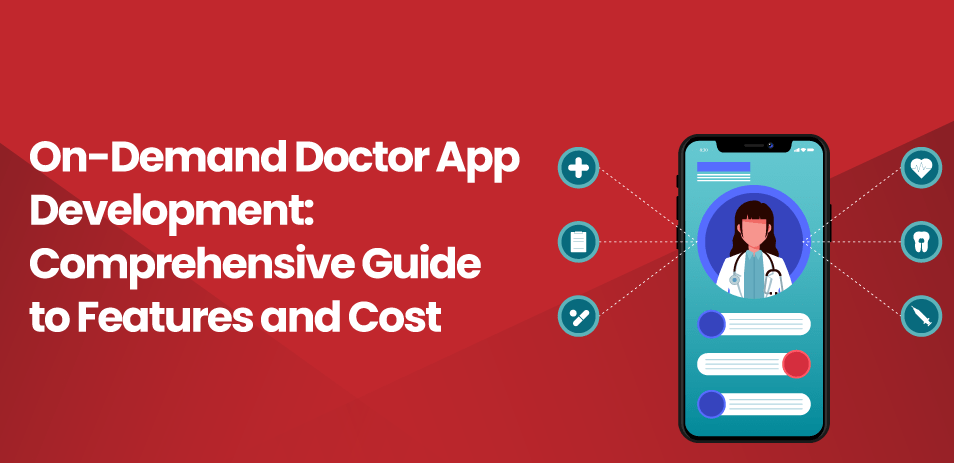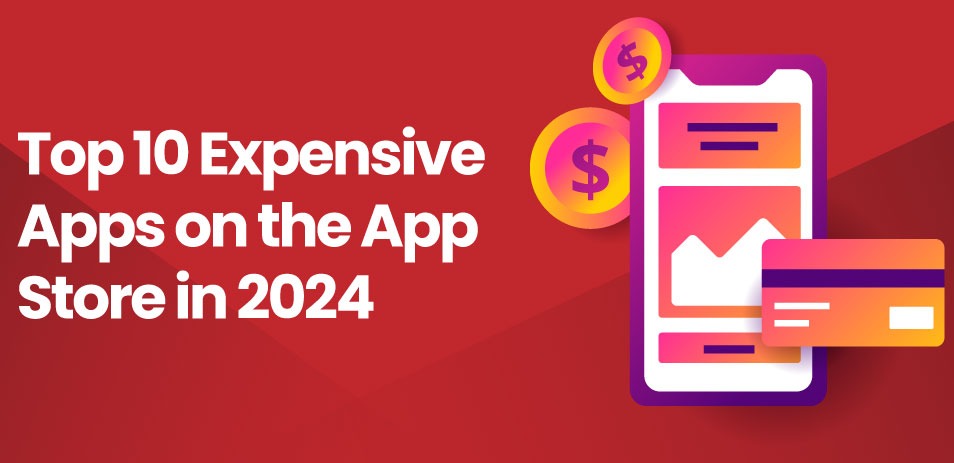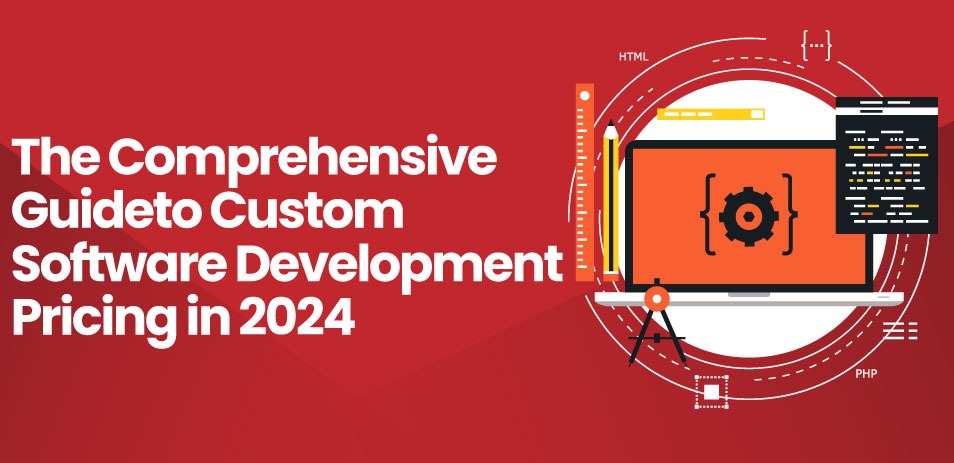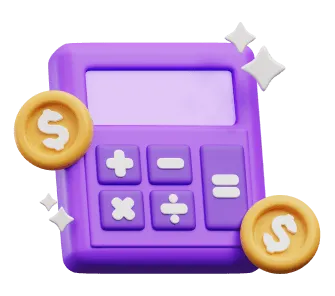Electronic Health Records (EHR) have revolutionized the way healthcare professionals manage patient information, and dentistry is no exception. In the digital age, paper-based records are becoming obsolete, replaced by comprehensive electronic systems that streamline data management. Dental EHRs digitize patient records, including medical history, treatment plans, and diagnostic images, providing dentists with quick and easy access to essential information.
The adoption of Dental EHR systems holds immense significance in modern dental practices. Beyond just convenience, these systems enhance efficiency, accuracy, and overall patient care. They empower dental professionals to make informed decisions, deliver personalized treatments, and improve patient outcomes. Dental EHRs contribute to practice growth by optimizing workflows, reducing administrative burdens, and enhancing communication among dental teams. They are crucial for any app development company in Dallas seeking to cater to the needs of dental professionals.
The purpose of this blog is to explore the key features and benefits of Dental EHR systems comprehensively. By delving into the functionalities and advantages of these systems, readers will gain insights into how Dental EHRs can transform their practices, improve patient experiences, and elevate the quality of dental care. Whether you’re a seasoned practitioner or new to the field, understanding the potential of Dental EHRs is essential for staying competitive and providing modern, patient-centric dental services.
- Up to 81% of dental practices in the US are using EHR systems according to a American Dental Association (2023).
- Over 14% increase in EHR adoption since 2020 according to a Healthcare Information and Management Systems Society (HIMSS) 2023 Dental EHR Adoption Survey.
10 Key Features of Dental EHR
Comprehensive Patient Profiles
Dental EHRs store extensive patient information, including medical history, allergies, medications, previous treatments, and insurance details. These comprehensive profiles provide dentists with a holistic view of each patient’s health status, enabling personalized treatment planning and informed decision-making. Additionally, having all pertinent information readily accessible improves efficiency during appointments and ensures accurate documentation for regulatory compliance.
Digital Imaging Integration
Dental EHR systems seamlessly integrate with digital imaging technologies, such as X-ray machines, intraoral cameras, and panoramic scanners. This integration enables dentists to capture, store, and retrieve diagnostic images directly within the patient’s electronic record. By consolidating imaging data with other patient information, dentists can efficiently review and analyze images, aiding in diagnosis, treatment planning, and monitoring progress over time. Digital imaging integration enhances diagnostic accuracy, improves communication with patients, and facilitates interdisciplinary collaboration within dental practices.
Customizable Treatment Plans
Dental EHRs allow dentists to create personalized treatment plans tailored to each patient’s unique needs and preferences. These plans can be customized based on factors such as diagnosis, severity of dental issues, patient preferences, and financial considerations. Dentists can easily modify treatment plans as needed, adding or removing procedures, adjusting timelines, and documenting patient preferences. Customizable treatment plans empower dentists to provide individualized care, improve treatment outcomes, and enhance patient satisfaction.
Appointment Management
Dental EHR systems streamline appointment scheduling and management processes, optimizing practice efficiency and improving patient experience. Dentists and dental staff can easily schedule appointments, view availability, and manage patient appointments through the EHR interface. Automated appointment reminders can be sent to patients via email, text message, or phone call, reducing no-show rates and improving patient attendance. Additionally, EHRs allow for seamless rescheduling, cancellations, and appointment confirmations, ensuring smooth operation of the dental practice and maximizing productivity.
Electronic Prescriptions
Dental EHRs facilitate the electronic prescribing of medications, replacing traditional paper-based prescriptions with digital formats. Dentists can quickly and securely send prescriptions directly to pharmacies through the EHR system, eliminating the need for handwritten prescriptions and reducing the risk of errors. Electronic prescriptions improve patient safety by providing pharmacists with accurate and legible medication orders, reducing the likelihood of medication errors and adverse drug reactions. Additionally, electronic prescribing streamlines the prescription renewal process, enhances medication management, and supports compliance with regulatory requirements.
Clinical Decision Support
Dental EHR systems offer clinical decision support tools that provide dentists with evidence-based guidelines, treatment recommendations, and alerts to assist in clinical decision-making. These tools analyze patient data, such as medical history, medications, allergies, and diagnostic test results, to generate relevant information and suggestions at the point of care. Clinical decision support enhances diagnostic accuracy, helps dentists identify potential risks and contraindications, and promotes adherence to best practices and guidelines. By leveraging clinical decision support, dentists can make informed decisions, improve patient outcomes, and enhance the quality of care provided.
Dental Charting Tools:
Dental EHRs include comprehensive charting tools that enable dentists to efficiently document oral health assessments, treatment plans, and procedures. These charting tools provide templates and graphical interfaces for recording clinical findings, dental conditions, restorations, periodontal assessments, and treatment outcomes. Dentists can easily create digital charts for each patient, capturing detailed information about dental examinations, radiographic findings, and treatment interventions. Dental charting tools streamline documentation processes, improve data accuracy, and support clinical decision-making by providing a visual representation of the patient’s oral health status over time.
Interoperability with Healthcare Systems
Dental EHR systems support interoperability with other healthcare systems, allowing for seamless exchange of patient information and collaboration among healthcare providers. Interoperable EHRs adhere to industry standards and protocols, enabling integration with electronic health record systems used in hospitals, medical clinics, and other healthcare settings. This interoperability facilitates the secure sharing of patient data, such as medical history, medications, and diagnostic results, across different healthcare providers and organizations. Interoperable dental EHRs promote care coordination, enhance communication between dental and medical professionals, and improve continuity of care for patients across the healthcare continuum.
Secure Patient Communication
Dental EHR systems offer secure communication tools that enable dentists to interact with patients confidentially and efficiently. These communication features typically include secure messaging platforms within the EHR interface, allowing patients to communicate with their dental providers regarding appointment scheduling, treatment inquiries, medication refills, and general questions about their oral health. Secure patient communication tools ensure the privacy and security of sensitive health information by employing encryption protocols and authentication measures. By facilitating direct communication between patients and dental providers, these tools enhance patient engagement, satisfaction, and adherence to treatment plans.
Regulatory Compliance Tools
Dental EHR systems include built-in tools and features designed to help dental practices maintain compliance with regulatory requirements and industry standards. These compliance tools address various regulatory frameworks, such as the Health Insurance Portability and Accountability Act (HIPAA), the Health Information Technology for Economic and Clinical Health (HITECH) Act, and industry-specific guidelines for dental practices.
Key features of regulatory compliance tools may include audit trails, access controls, encryption protocols, data backup and recovery mechanisms, and documentation templates for informed consent and privacy notices. By incorporating these compliance tools into their workflows, dental practices can ensure the confidentiality, integrity, and availability of patient information, minimize the risk of data breaches and penalties, and build trust with patients regarding the protection of their health information.
On-Site VS Cloud Dental EHR
| Feature | On-Site Dental EHR | Cloud Dental EHR |
| Deployment | Installed and managed on local servers | Hosted on remote servers, accessed via internet |
| Accessibility | Limited to the physical location of the practice | Accessible from any location with internet connectivity |
| Scalability | Limited by hardware capacity and resources | Easily scalable, resources can be adjusted based on demand |
| Maintenance | Requires IT expertise for maintenance and updates | Managed and maintained by the EHR provider, automatic updates |
| Data Security | Data stored locally, security measures managed by the practice | Data stored in secure data centers, provider responsible for security measures |
| Upfront Costs | Higher upfront costs for hardware and infrastructure | Lower upfront costs, subscription-based pricing |
| Disaster Recovery | Relies on local backups and disaster recovery plans | Data backed up regularly, disaster recovery handled by the provider |
| Integration Capabilities | Integration with other systems may require additional setup | Seamless integration with third-party systems and services |
| Accessibility of Updates | Updates may require manual installation and downtime | Updates applied automatically by the provider, minimal downtime |
| Accessibility of Support | Relies on internal IT support or third-party vendors | Access to customer support from the EHR provider |
| Customization Options | Greater flexibility for customization based on practice needs | Limited customization options, standardized features |
| Reliability | Reliability may depend on local infrastructure and maintenance | High reliability with guaranteed uptime and redundancy measures |
Benefits of Dental EHR
Implementing Dental Electronic Health Records (EHR) offers a multitude of benefits that positively impact both dental practices and patients. Here’s an in-depth look at the advantages:
1. Improved Efficiency
Dental EHR streamlines administrative tasks such as appointment scheduling, charting, and billing. With digital records, dental staff can quickly access patient information, reducing wait times and enhancing workflow efficiency. Additionally, automated features like appointment reminders minimize no-shows, optimizing practice schedules.
2. Enhanced Patient Care
EHRs provide comprehensive patient profiles, including medical history, allergies, and treatment plans. This information empowers dentists to deliver personalized care tailored to each patient’s needs. Integrated clinical decision support tools aid in diagnosis and treatment planning, leading to better outcomes and patient satisfaction.
3. Accurate Documentation
Digital charting tools in Dental EHR ensure accurate and detailed documentation of clinical findings, treatments, and progress notes. This reduces the risk of errors associated with handwritten records and enhances communication among dental team members. Moreover, EHRs facilitate compliance with regulatory requirements by maintaining organized and legible records.
4. Increased Accessibility
Cloud-based Dental EHR systems enable access to patient records from any location with an internet connection. This flexibility allows dentists to review patient information remotely, collaborate with colleagues, and provide continuity of care outside the office setting. Patients also benefit from convenient access to their records and communication with dental providers.
5. Enhanced Communication
EHRs facilitate secure communication between dental staff and patients through messaging platforms. Patients can easily reach out to their dentists for appointment scheduling, inquiries, or follow-up care, fostering better engagement and adherence to treatment plans. Improved communication strengthens the patient-provider relationship and enhances overall patient experience.
6. Streamlined Workflow
Integration capabilities of Dental EHR systems with other practice management software, such as imaging systems and billing software, streamline workflows and eliminate manual data entry. This reduces redundancy, minimizes errors, and improves staff productivity, allowing dental practices to operate more efficiently.
7. Cost Savings
While initial investment in EHR implementation may be required, long-term cost savings are realized through improved efficiency, reduced paperwork, and minimized errors. Cloud-based EHR systems eliminate the need for costly on-site hardware maintenance and upgrades, offering a more cost-effective solution for dental practices.
Step into the future of dental record-keeping with AppVerticals.
Our expert team ensures a smooth transition to digital EHR solutions tailored to your practice.
Yes Let’s goChallenges Faced During the Implementation of Dental EHR
Implementing Electronic Health Records (EHR) in dentistry, while beneficial, also comes with its own set of challenges. Here are some common challenges faced during Dentistry EHR implementation:
· Financial Investment
One of the primary challenges of EHR implementation is the initial financial investment required. Purchasing and setting up EHR software, training staff, and upgrading infrastructure can be costly for dental practices, especially for smaller practices with limited budgets.
· Staff Training and Adoption
Training dental staff to use the new EHR system effectively is essential but can be time-consuming and challenging. Resistance to change and a learning curve associated with new technology may slow down adoption rates and impact practice productivity during the transition period.
· Integration with Existing Systems
Integrating EHR systems with existing practice management software, imaging systems, and other third-party applications can be complex. Compatibility issues and data migration challenges may arise, requiring careful planning and coordination to ensure seamless integration.
· Workflow Disruption
Implementing EHR systems can disrupt established workflows within dental practices. Adjusting to new processes and workflows may lead to temporary decreases in productivity and efficiency as staff members adapt to the changes.
· Data Security and Privacy Concerns
Protecting patient data from security breaches and ensuring compliance with privacy regulations, such as HIPAA, is critical in EHR implementation. Dental practices must implement robust security measures, such as encryption, access controls, and regular audits, to safeguard patient information from unauthorized access or disclosure.
· Customization and Usability
EHR systems must be customizable to meet the specific needs and workflows of dental practices. However, configuring EHR software to align with practice preferences and ensuring user-friendly interfaces can be challenging. Poor system usability may lead to frustration among staff members and hinder adoption rates.
Why Choose AppVerticals for Seamless Dental EHR Implementation?
Partnering with AppVerticals for Dental EHR implementation brings numerous advantages and ensures a smooth and successful transition to digital record-keeping in dental practices. As a reputable mobile app development company specializing in healthcare app development and on-demand app development services, AppVerticals offers unique expertise and tailored solutions to meet the specific needs of dental practices.
AppVerticals boasts a team of experienced professionals with a deep understanding of both the healthcare industry and the latest technological advancements. Their expertise in developing healthcare applications ensures that the Dental EHR solution they deliver is intuitive, user-friendly, and fully compliant with industry standards and regulations.
AppVerticals on-demand app development services enable them to customize the Dental EHR system according to the unique requirements and preferences of each dental practice. Whether it’s integrating specific features, adapting to existing workflows, or incorporating branding elements, AppVerticals ensures that the EHR implementation aligns seamlessly with the practice’s operations and goals.
AppVerticals provides comprehensive support and maintenance services post-implementation, ensuring that the Dental EHR system remains fully functional, secure, and up-to-date. Their dedicated support team is available to address any issues, provide training to dental staff, and implement updates or enhancements as needed, guaranteeing the long-term success and usability of the EHR solution.
Ready to revolutionize your dental practice?
Partner with AppVerticals for a seamless transition to digital record-keeping with our tailored Dental EHR solutions.
Yes Let’s goConclusion
AppVerticals offers tailored solutions that meet the specific needs of each practice. From intuitive user interfaces to seamless integration and reliable support, AppVerticals ensures a smooth transition to digital record-keeping while enhancing patient care and streamlining operations. By choosing AppVerticals as a trusted partner, dental practices can embark on their EHR journey with peace of mind, knowing they have the support and expertise needed for long-term success.

